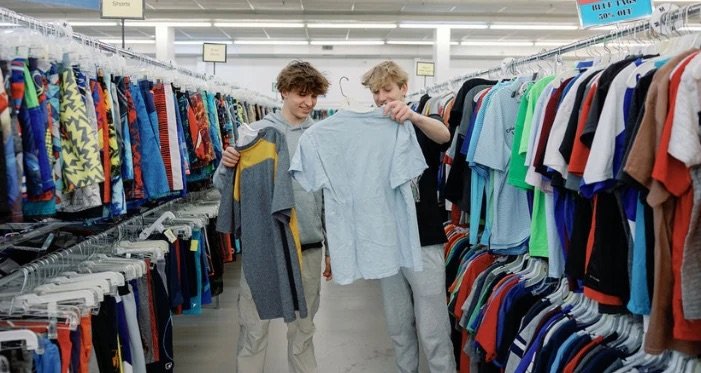Why Sustainable Fashion Matters More Than Ever
The fashion industry is at a crossroads. While it fuels creativity and self-expression, it also contributes significantly to environmental degradation. For younger generations, particularly Gen Z, this paradox is becoming increasingly untenable.
The Environmental Toll of Fashion
Fast fashion has revolutionized the way we consume clothing, offering trendy pieces at affordable prices. However, this convenience comes at a steep environmental cost. The industry is responsible for approximately 10% of global carbon emissions and is a major contributor to water pollution and textile waste. A single T-shirt can require over 2,000 liters of water to produce, and synthetic fabrics shed microplastics that pollute our oceans.
Gen Z: Leading the Charge for Change
Gen Z is emerging as a powerful force advocating for sustainability in fashion. According to a Forbes article, 62% of Gen Z shoppers prefer to buy from sustainable brands, and 73% are willing to pay a premium for sustainable products. This generation is not only vocal about environmental issues but is also taking tangible steps to align their purchasing habits with their values.
Embracing Secondhand and Ethical Alternatives
The rise of secondhand shopping platforms like Depop and Poshmark reflects Gen Z's commitment to sustainable consumption. These platforms make it easier to buy and sell pre-owned clothing, reducing waste and extending the life cycle of garments. Moreover, many young consumers are supporting brands that prioritize ethical labor practices and environmentally friendly materials.
The Need for Ongoing Dialogue
While strides are being made, the conversation around sustainable fashion needs to continue and expand. Education is key—consumers must be informed about the impacts of their choices, and brands must be held accountable for their practices. By fostering open discussions and promoting transparency, we can drive the industry toward more sustainable models.



